In Conversation with Michael Moosbrugger
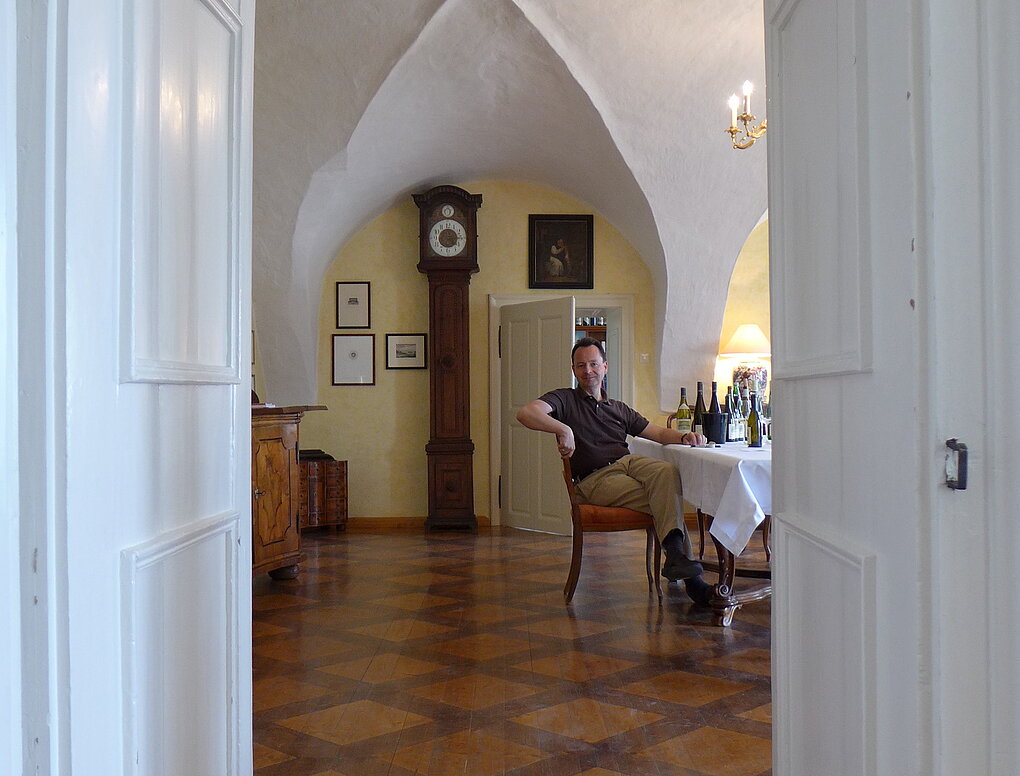
Two wine luminaries reflect on the complex and challenging process of taking Austrian vineyard classification from bill to law.

Two wine luminaries reflect on the complex and challenging process of taking Austrian vineyard classification from bill to law.
Writer
David Schildknecht trained in philosophy and worked as a restaurateur before spending a quarter century in the U.S. wine trade. His tasting reports, ones from Austria and Germany prominent among them, have since the late 1980s been fixtures of Stephen Tanzer's International Wine Cellar; Robert Parker's Wine Advocate; and, since 2015, Vinous. A columnist and feature contributor for Wine & Spirits, The World of Fine Wine, and Austria’s Vinaria, he is responsible for the German and Austrian entries in the The Oxford Companion to Wine and a co-author of the 7th edition of Robert Parker's Wine Buyer's Guide. David has also addressed issues of aesthetics in contexts academic and otherwise, and his life in wine leaves time to pursue his passions for cooking, music, history, and his infinitely tolerant wife of five decades.
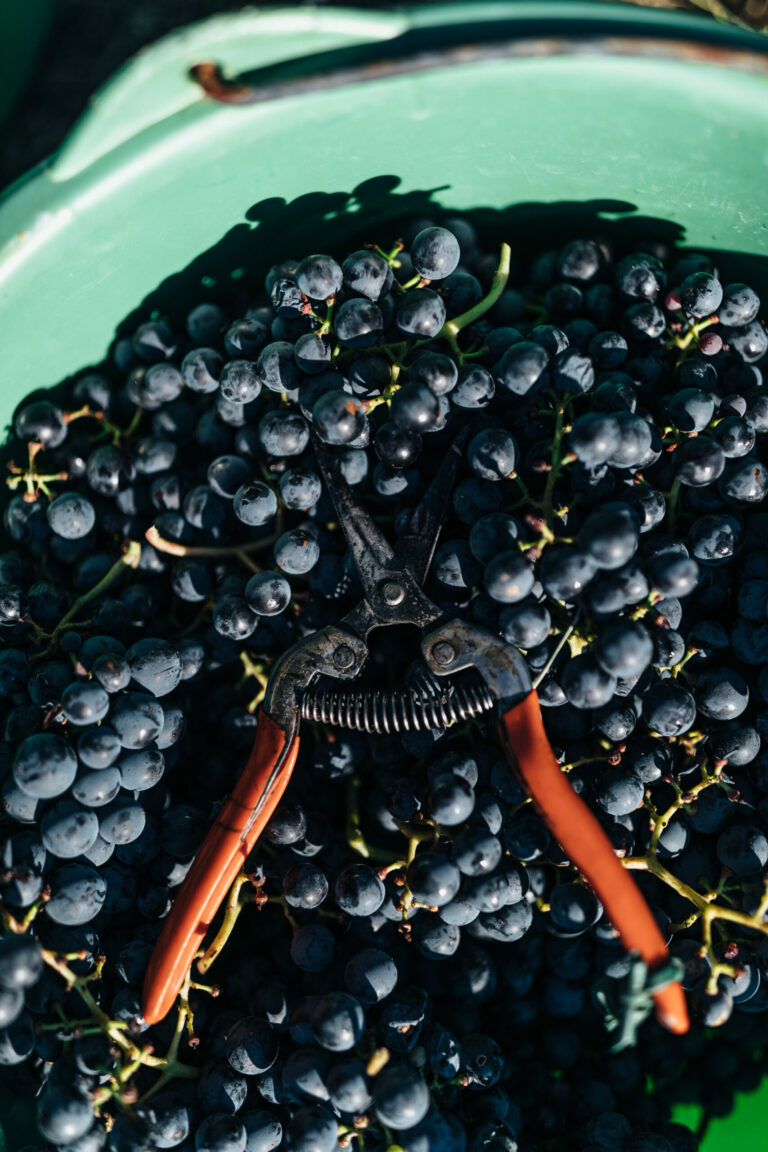
My first true Blaufränkisch moment came in 2013, at a now-shuttered restaurant in Hamburg. Thirty-six bottles from a swath of Austria’s appellations stood open for tasting, from classics like Prieler’s Goldberg 1995 to Marienthal from Ernst Triebaumer to Ried Point from Kolwentz. Those wines impressed me, as they had in the past, even as they failed to inspire me. This time, however, other wines had joined the lineup. The Spitzerberg of Muhr-van der Niepoort (today Weingut Dorli Muhr) , for example; the 2010 Reserve Pfarrgarten from Wachter-Wiesler; and the 2002 Lutzmannsburg Alte Reben from Moric. Suddenly, I was electrified. The wine in the glass was entirely unlike anything I…...

In the first movement of this piece, we looked at the origins of Ludwig van Beethoven’s interest in wine and the critical role this played in shaping the composer’s musical career. Here, we trace his path through Vienna’s living landscape, to find multiple points of intersection between past and present in his music and in some of the city’s defining wines. We then head south to the Austrian spa region of Baden, where Beethoven drank, and composed, masterpieces. As we will find, his music comes more vividly to life when appreciated within the context of the vines and landscapes in which it was written…...
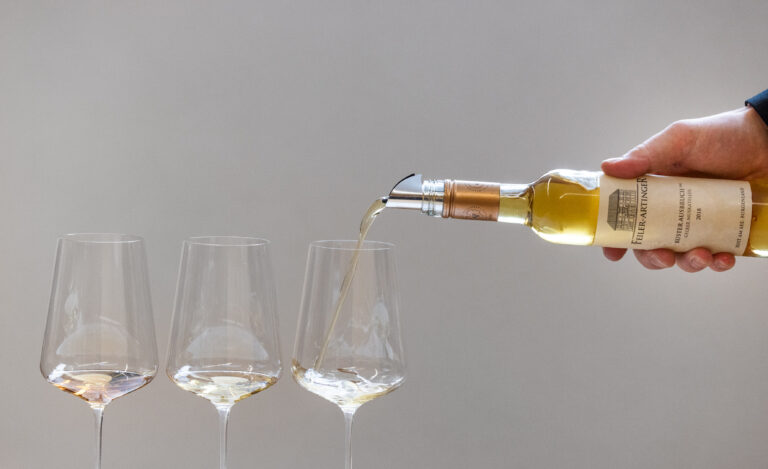
Channeling literary theory in order to propose a new threshold test for fine wine.
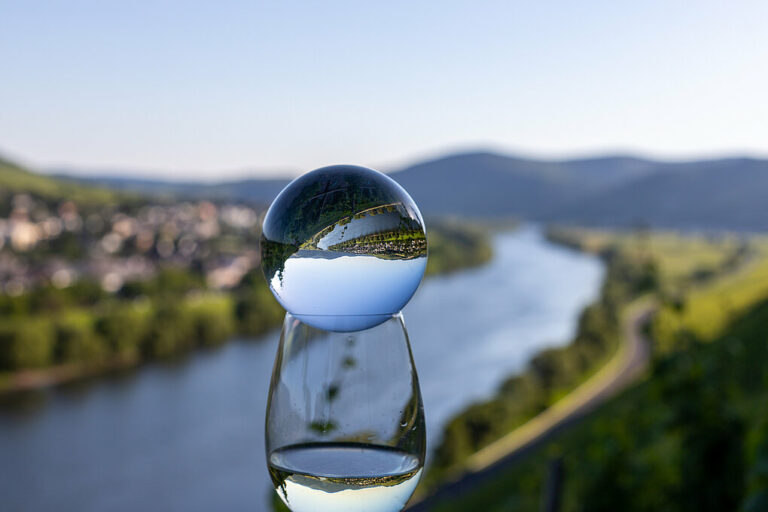
Trink Magazine | Valerie Kathawala hazards forecasts for the future of wines from Alto Adige-Südtirol, Austria, Germany, and German-speaking Switzerland.
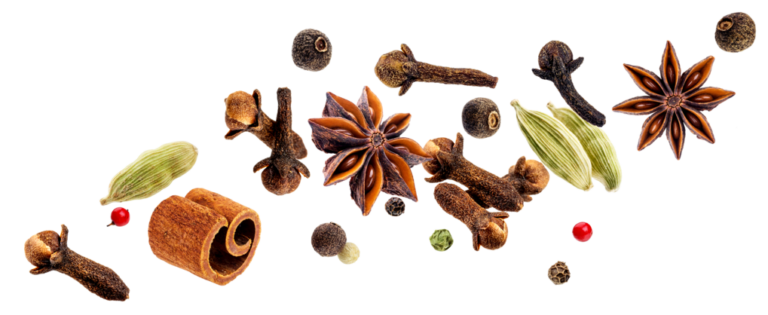
Picture yourself at a German holiday market (if such things were happening in 2020) — a mug of glühwein in hand and the scent of fresh pfeffernuss cookies in the air. It’s no surprise that these warm, spicy aromas are key attributes in many wines from Germany and Austria, South Tyrol, and the German-speaking parts of Switzerland. And there’s a hidden world of compounds and precursors to thank for this distinctive and alluring range. Much like a chef in the kitchen, growers can influence the aromatic and flavor complexity of their wines by playing with soil type, exposition, vine age,…...
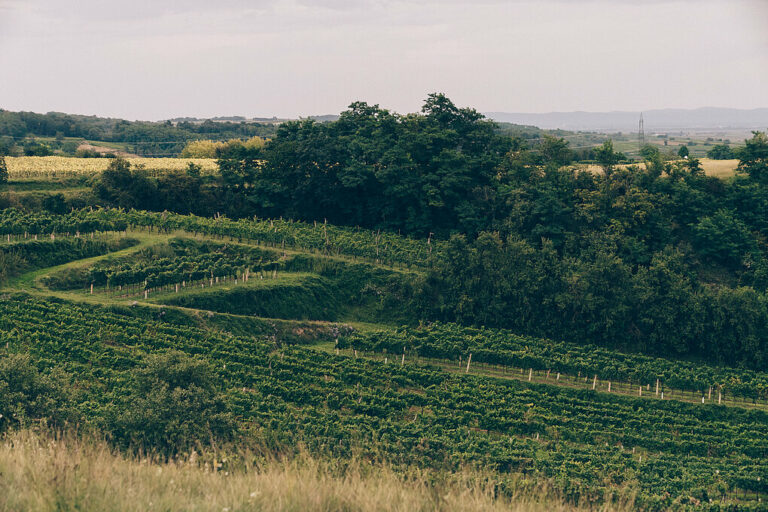
Though its name suggests otherwise, Roter Veltliner isn’t a red wine grape at all. Yet at maturity the grapes do take on a scarlet hue. And this juxtaposition is precisely what captivated Austrian winemaker Toni Söllner: “Even as a child, I was fascinated by Roter Veltliner. The grapes were red, but the wine they made was colorless.” Söllner’s organic estate is in Wagram, Roter Veltliner’s home turf. He has restored 2.5 ha to the old autochthonous variety. Söllner is not alone in his engagement on behalf of the rarity, but rather is one of 10 Austrian organic growers who have…...
Enjoy unlimited access to TRINK! | Subscribe Today